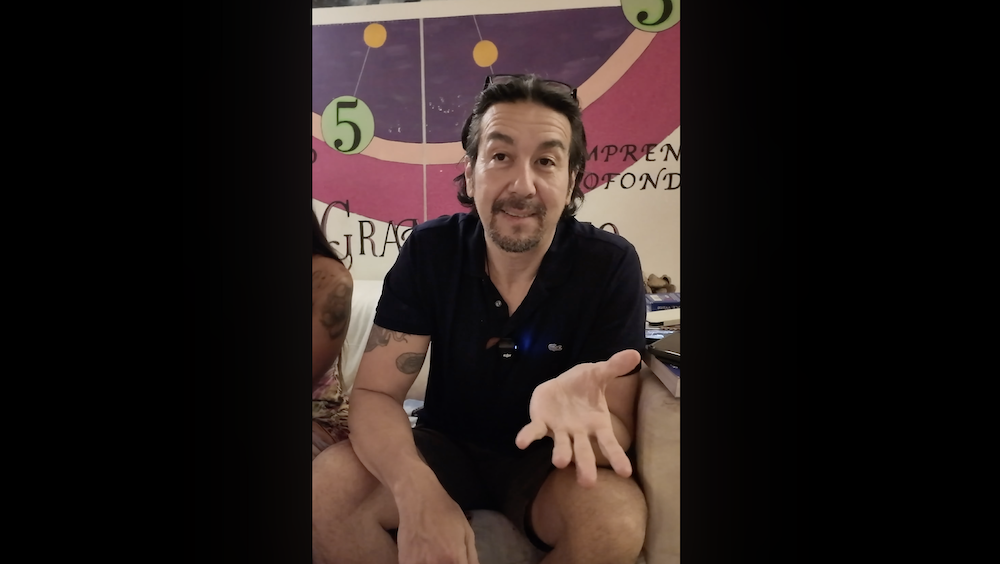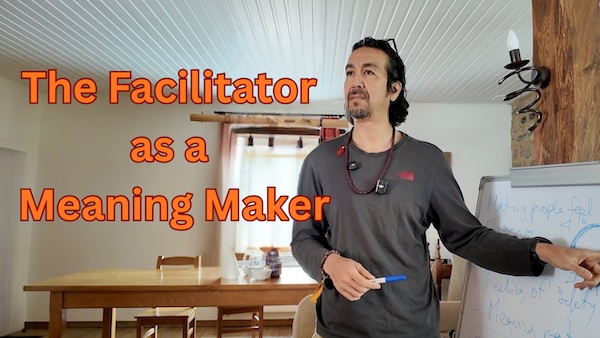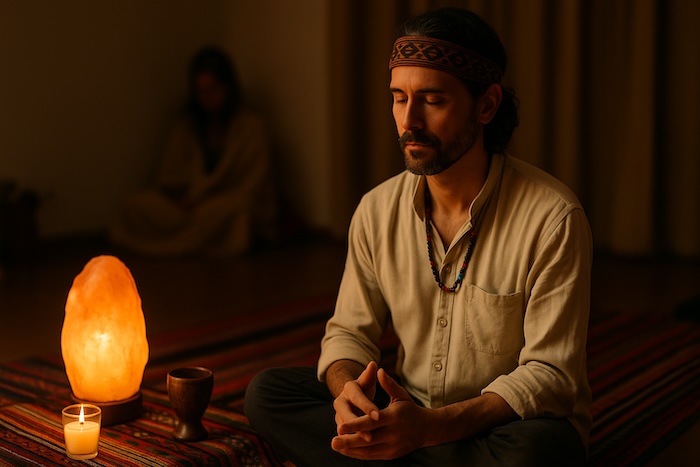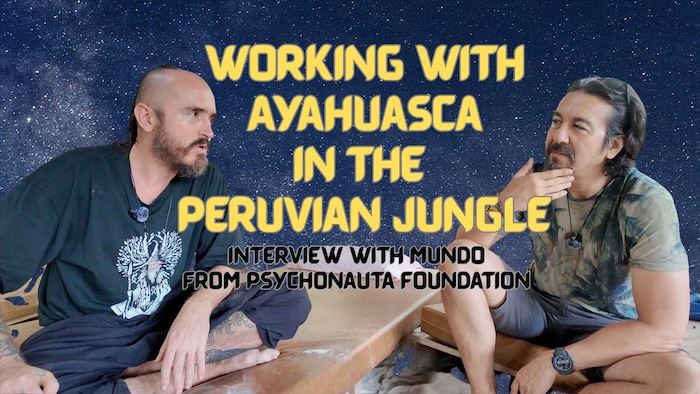The pendulum of the mind oscillates between sense and nonsense, not between right and wrong.
Carl Jung
In the constant search for meaning and purpose, we often encounter the idea of a universal truth, one that not only explains but also heals everything. This notion suggests that by understanding this truth, the reasons for our suffering and joy, the tragedies and blessings that shape our existence, will be revealed to us. It is the constant search of truth religions, mystery schools, academy and philosophical schools have delved as far as mankind goes.
The Paradox of the Search
The most intriguing aspect of this truth is that it cannot be taught by others or attained through intentional searching. It is a paradoxical concept: the more we anxiously seek it, the further away we get from it. This truth reveals itself only when we stop actively pursuing it, when we allow life to flow naturally.
Mysticism has reflected this paradox in the search of the truth in its language, full of paradoxes, contradictions and ambiguous statements that challenge the mind and the limits of rationality. Paradoxes transcend ordinary logic aiming to a reality that goes beyond comprehension and the control of human mind.
Faith, Trust, and Acceptance
To discover this truth, a profound change in our attitude towards life is required. The key lies in three fundamental pillars: faith, trust, and acceptance.
- Trust: Trusting in life means letting go of excessive control. It is allowing things to happen and trusting that, whatever happens, it is for our personal and spiritual growth. This trust is not blind; it is based on the observation that often, the most challenging experiences offer the deepest lessons.
- Faith: Having faith is not limited to a religious context; it is a disposition towards life itself. It is believing that, despite not having all the answers, the universe has an inherent order and that, in some way, everything fits into a greater scheme.
- Acceptance: Accepting life as it is, with its ups and downs, is essential for finding peace. Acceptance is not resignation; it is recognizing the reality of present circumstances and working with them rather than against them.
The Inner Journey
The process of discovering this truth is an inner journey. It is not a destination reached once and for all, but a continuous becoming, a path walked step by step. This path invites us to observe our life attentively and to learn from every experience, positive or negative, without judging or labelling it.
The Moment of Revelation
The truth that explains and heals everything is not imposed on us from the outside; it reveals itself in moments of stillness and reflection. It may come in a moment of deep connection with ourselves, in a moment of clarity after an emotional storm, or simply in a whisper of intuition during an ordinary day.
Living with the Truth and Integrating the Paradox
Living with this truth does not mean that all our problems will disappear or that we will achieve constant happiness. Rather, it provides us with a perspective from which we can face challenges with a greater sense of peace and understanding. It allows us to see difficulties as opportunities to grow and joys as reminders of the beauty of existence.
Transcendent Psychology is an understanding of the paradoxical state the mind undergoes when encountered with this truth. The techniques and language used during the TP integration intends to guide the person into uncovering the hidden truth deep within our being. Creating the space and therapeutic field that allows this truth to arrive, waiting to be discovered not through anxious searching, but through faith, trust, and acceptance of life. By embracing these, TP understands that life itself will create the conditions to teach us and guide us towards a fuller and more healing understanding of our existence.
Related
Discover more from TRANSCENDENT PSYCHOLOGY
Subscribe to get the latest posts sent to your email.







